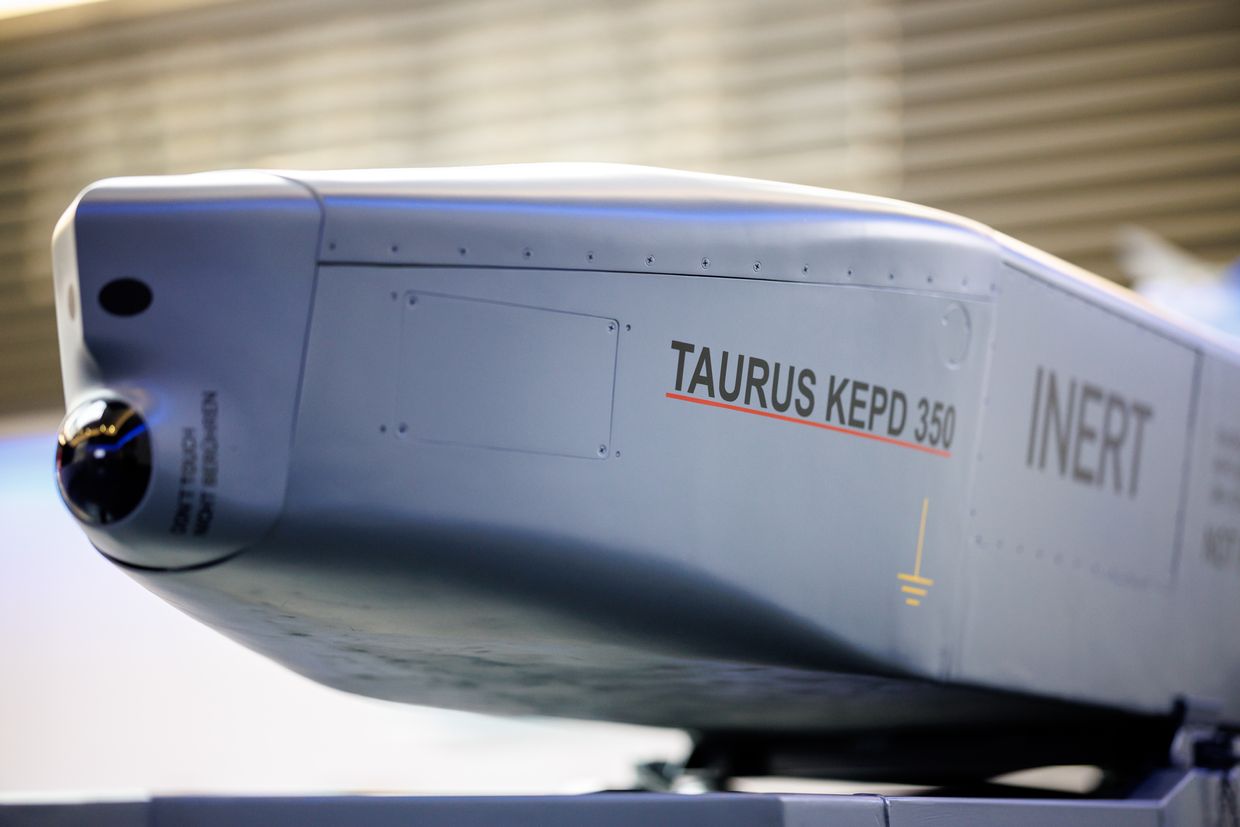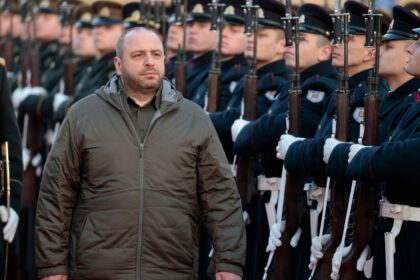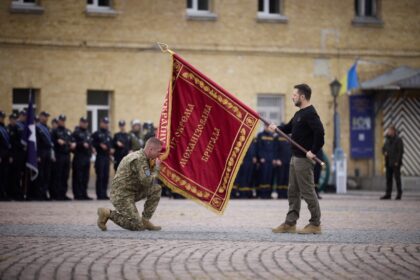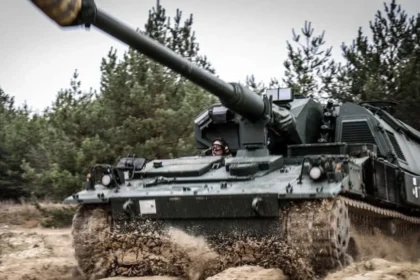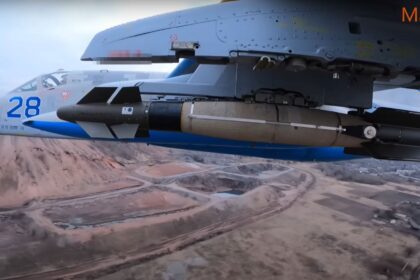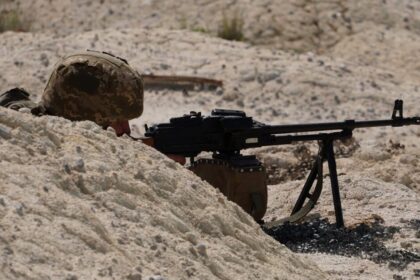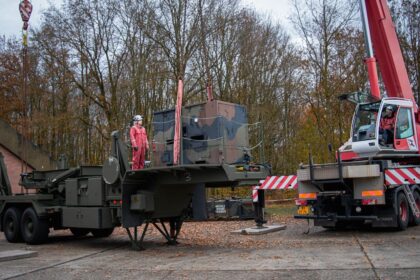**Germany’s New Chancellor Vows to Supply Ukraine with Controversial Cruise Missiles**
In a significant shift in Germany’s stance on military aid to Ukraine, the country’s incoming chancellor, Friedrich Merz, has pledged to supply Ukraine with Taurus missiles if European partners agree to coordinate the move. This decision comes as Ukraine continues to face intense pressure from Russian forces.
For years, outgoing German Chancellor Olaf Scholz had blocked the delivery of Taurus missiles due to concerns about escalating tensions. However, Merz has been critical of this position and believes that Ukraine should be able to strike on a strategic level. In an interview last month, he suggested that these long-range missiles could be used to target Russian military infrastructure in occupied Crimea.
**A Shift in Germany’s Stance?**
While the decision on sending Taurus missiles is yet to be finalized, Merz emphasized that other European countries have already been supplying cruise missiles to Ukraine. He noted that the British, French, and Americans are all providing similar support, and that Germany should follow suit if agreed upon by European partners.
**A History of Military Aid**
Ukraine has previously received various types of military aid from Western countries, including U.S.-made ATACMS, British Storm Shadow, and French SCALP missiles. These have been deployed against Russian positions in occupied territories and border regions.
**The Controversy Continues**
Despite Merz’s optimism, the issue remains contentious. The new coalition government between the Christian Democrats (CDU/CSU) and Social Democrats (SPD) is still discussing key security policy issues. A senior official within Merz’s party has stated that a British endorsement or influence from UK leadership could help convince Germany to deliver Taurus missiles.
**What Does This Mean for Ukraine?**
The supply of Taurus missiles would be a significant boost to Ukraine’s military capabilities, allowing them to strike at strategic Russian targets. However, the decision also carries risks, particularly if not coordinated with European partners. The impact on the ongoing conflict and the broader security landscape remains uncertain.
As the situation continues to unfold, one thing is clear: Germany’s stance on military aid has shifted, but the complexities of this issue are far from resolved.




